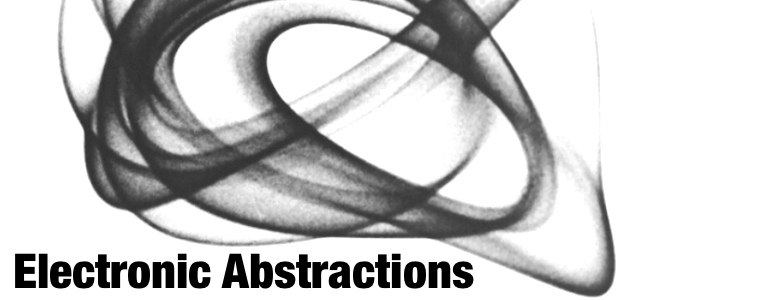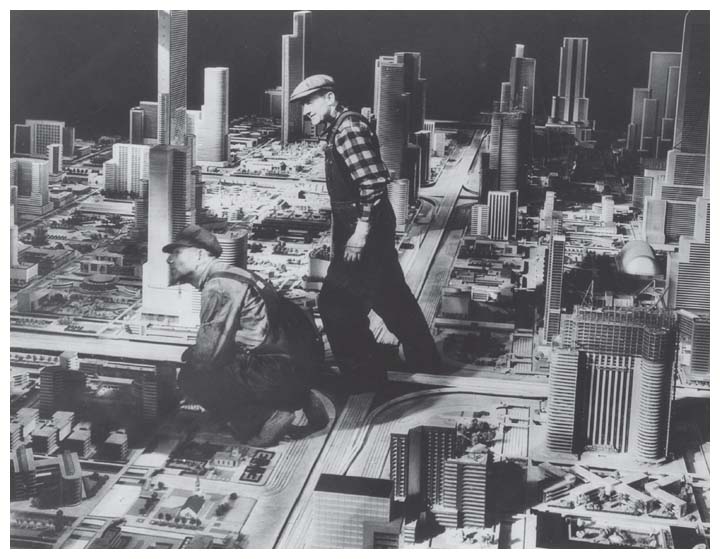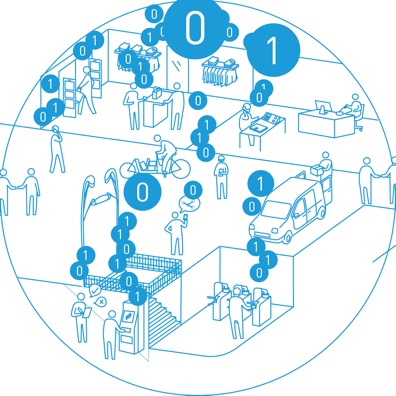Open call for applications
The Käte Hamburger Kolleg Aachen Cultures of Research (c:o/re) has openings for a total of 10 international fellows for the academic year 2022/2023, starting in October 2022. Eligible applicants are expected to come from the humanities, social sciences and STS as well as from natural, life and technical sciences. This International Center for Advanced Studies at RWTH Aachen University is funded by the German Federal Ministry of Education and Research. Part of its mission is to offer a free space to its fellows to develop their own research and to exchange ideas up to 12 months.
The topic Cultures of Research is positioned where the fields of philosophy, sociology and history interface with natural science and technology. The overall focus of the Center’s work is on transformations of science and technology towards complexity, life-likeness and emergence. We are particularly interested in digitalization of research (simulation, artificial intelligence, machine learning) for studying complex systems (e.g. climate change, energy revolution, biologization, sustainability), in participatory arrangements between science and society and in investigating histories and varieties of cultures of research.
Our aim is to explore new cultures of (transdisciplinary) research, but also to develop new theories and methodologies for investigating the mentioned scientific transformations.
Against this backdrop we encourage applications by candidates:
- from the humanities, social sciences and STS to explore scientific and technological transformations;
- natural, life and technical sciences to explore complex systems; and
- from arts, art history, science journalism and scientific illustration to explore the mediation and representation of complexities and complex findings in science and technology.
Location
The international center is part of RWTH Aachen University (Germany), which with a student body of 47,000 is one of the largest technical universities in Europe. With over fifty professorships and ten institutes from the humanities and social sciences, the Faculty of Arts and Humanities is an integral part of the interdisciplinary culture of teaching and research at RWTH Aachen University. Located at the borders of Germany, Belgium, and The Netherlands (Euregio), it has close ties with STS institutes at the universities of Maastricht and Liège, and with the Jülich–Aachen Research Alliance (JARA BRAIN) at the neighboring Jülich Research Center, a research campus of more than 5,000 researchers.
Fellowship
Fellows will join the international center for a maximum period of 12 months. The fellowships provide a full grant commensurate with applicants’ level of professional experience, working space in fully-equipped offices, logistical support, and access to the interdisciplinary research landscape and research labs at RWTH Aachen University. Fellows who take unpaid leave during their fellowship will receive financial compensation in the form of a stipend; alternatively, the center would pay for a teaching replacement at the fellow’s home institution. In order to create a stimulating intellectual environment among the resident research community, fellows are expected to routinely conduct much of their work from Aachen during their fellowship. Residency in Aachen is required and the center can support fellows in the search for accommodation.
Applications
Scholars can apply for either junior or senior fellowships. For junior fellows a successfully completed PhD is an eligibility requirement; for senior fellowships a professorship (associate, full professorship) or comparable position is expected. Applications (in English) should include a cover/motivational letter (1 page), CV (tabular, max. 2 pages), a project outline incl. intended goals/outcome of the project (max. 1300 words), and a list of publications. Please also submit a writing sample (journal article or book-chapter). Applications can be submitted via our application portal that you find here.
The deadline for applications is December 31, 2021.
Female researchers and scholars from the Global South are particularly encouraged to apply. For further information please visit the FAQs on this website.







